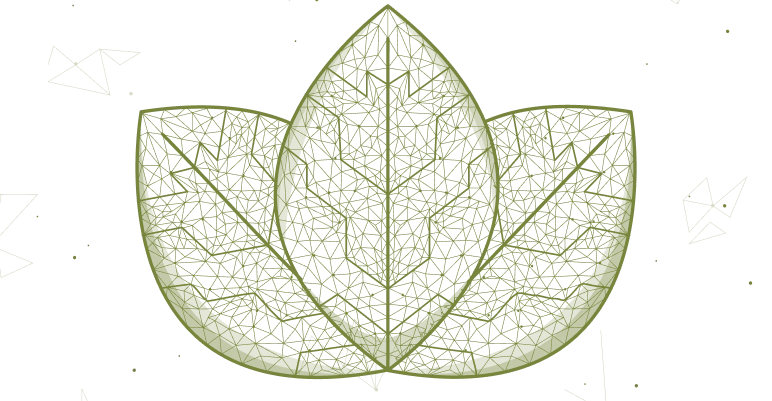In the ever-evolving landscape of technology, quantum computing has emerged as a revolutionary force, poised to reshape our understanding of computation
While classical computing has brought us AI, machine learning, and simulations that have transformed various industries, it falls short when exploring the intricate realm of molecular-level processes. As the renowned theoretical physicist Richard Feynman once said, “Nature isn’t classical…if you want to make a simulation of nature, you’d better make it quantum mechanical.”
Enter the quantum computer – a machine that moves beyond the binary nature of classical bits. It uses subatomic particles, such as electrons or photons, to store and manipulate information in units called qubits. Those qubits can exist in different states simultaneously and respond to each other across vast distances. As a result, they can run complex probabilistic interpretations and create multidimensional computational space.
In essence, quantum computing has the potential to perform tasks that classical computers can only dream of. While it may sound like science fiction, small-scale quantum computers already exist and are advancing rapidly.
Quantum computing in the real world
The research team at Fractal has dedicated several years to exploring how quantum technology can be applied to real-world challenges. Their findings suggest significant potential and applications in key sectors.
- Unraveling the mysteries of disease
Managing complex diseases like Alzheimer’s, Huntington’s, Parkinson’s, cancer, and even COVID-19 hinges on understanding the molecular structure of proteins and how they fold. Classical computing struggles to simulate these processes, leading scientists to rely on slow and costly laboratory experiments. Quantum computing offers an alternative.
Using a variational quantum eigensolver (VQE) algorithm, Fractal’s team simulated a portion of the Alzheimer’s molecule folding into various configurations. The results were compared with DeepMind Alphafold, a cutting-edge classical computing AI system for protein structure prediction. Surprisingly, even with a small quantum processor and modest settings, the quantum algorithm matched Alphafold’s accuracy. - Quantum-powered drug discovery
Another area of exploration involves the application of quantum generative AI to create molecules for medicinal drugs. Fractal developed a quantum version of a generative adversarial network (GAN), a machine learning algorithm where two neural networks compete to enhance their predictions. These quantum GANs (QGANs) were compared with state-of-the-art architectures and demonstrated exceptional performance, yielding the most promising drug candidates. - Quantum computing in finance
Fractal built a hybrid quantum neural network in finance that combines classical and quantum layers. Using housing data to predict property prices in Boston, USA, this hybrid network showcased superior accuracy and generalization capabilities compared to classical counterparts. As quantum technology matures, hybrid approaches like this could offer significant advantages to financial organizations.
The quantum leap forward
Fractal’s research illustrates that, even with current quantum computing capabilities, it is:
- Faster than classical computing.
- As accurate as or even more accurate than classical computing.
- Capable of tackling complex, molecular-level tasks that classical computers deem impossible.
However, this is merely the dawn of the quantum computing era. Nurturing talent and establishing standards are crucial to driving this technology forward for the greater good. Fractal’s commitment to mentoring and collaborating with external organizations, including the IIT Mumbai, Quantum Open Source Foundation, and various quantum initiatives, underscores its dedication to building a global pool of quantum computing expertise.
As quantum computing advances astonishingly, the future holds exciting possibilities. Research is already showing us how even the smallest quantum computer can surpass the capabilities of classical ones. Just four years ago, molecular simulation was impossible, but today, we can simulate and dissect atomic-level processes like protein folding on a computer. Breakthroughs in quantum AI could revolutionize industries from energy production to geopolitics. It’s foreseeable that quantum computing will be applied to real-world problems within the next decade, and organizations must prepare to harness its potential.
In conclusion, the age of quantum computing is upon us, and the opportunities it presents are limitless. It’s time for organizations to embrace this transformative technology and chart their course toward a future powered by quantum computation.
Read the complete paper published on Variational Quantum Algorithms for Chemical Simulation and Drug Discovery.









